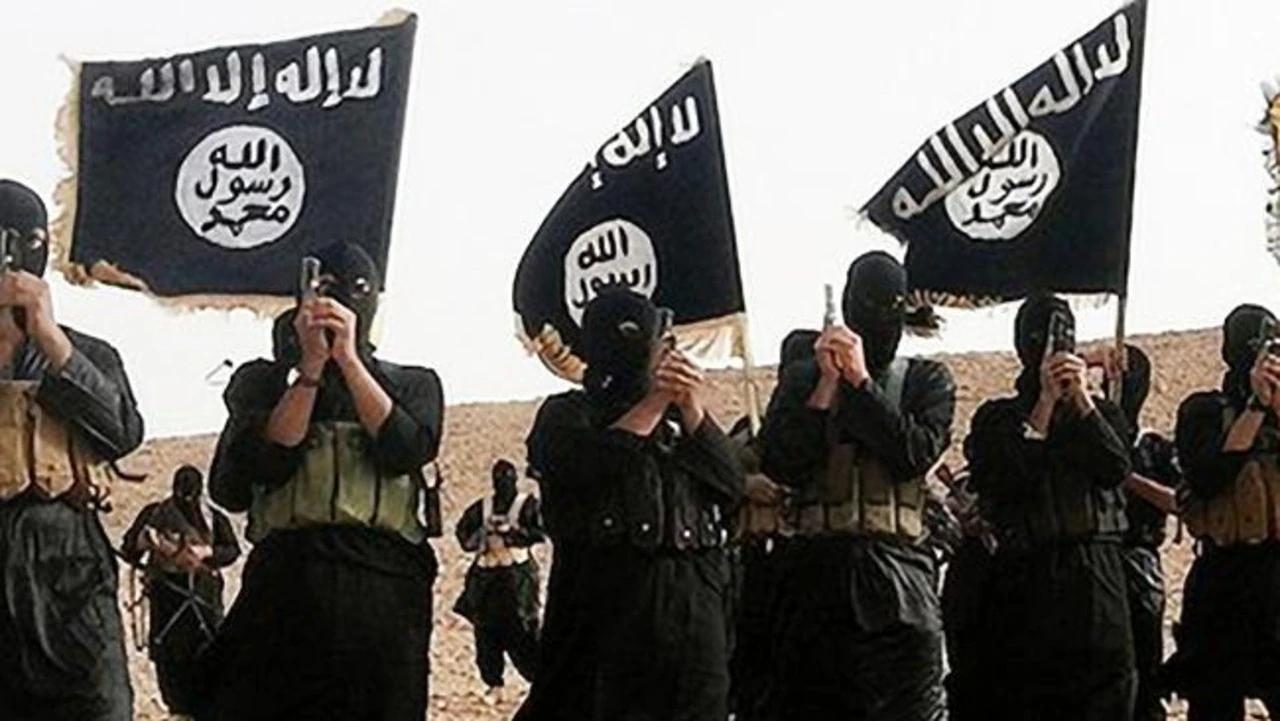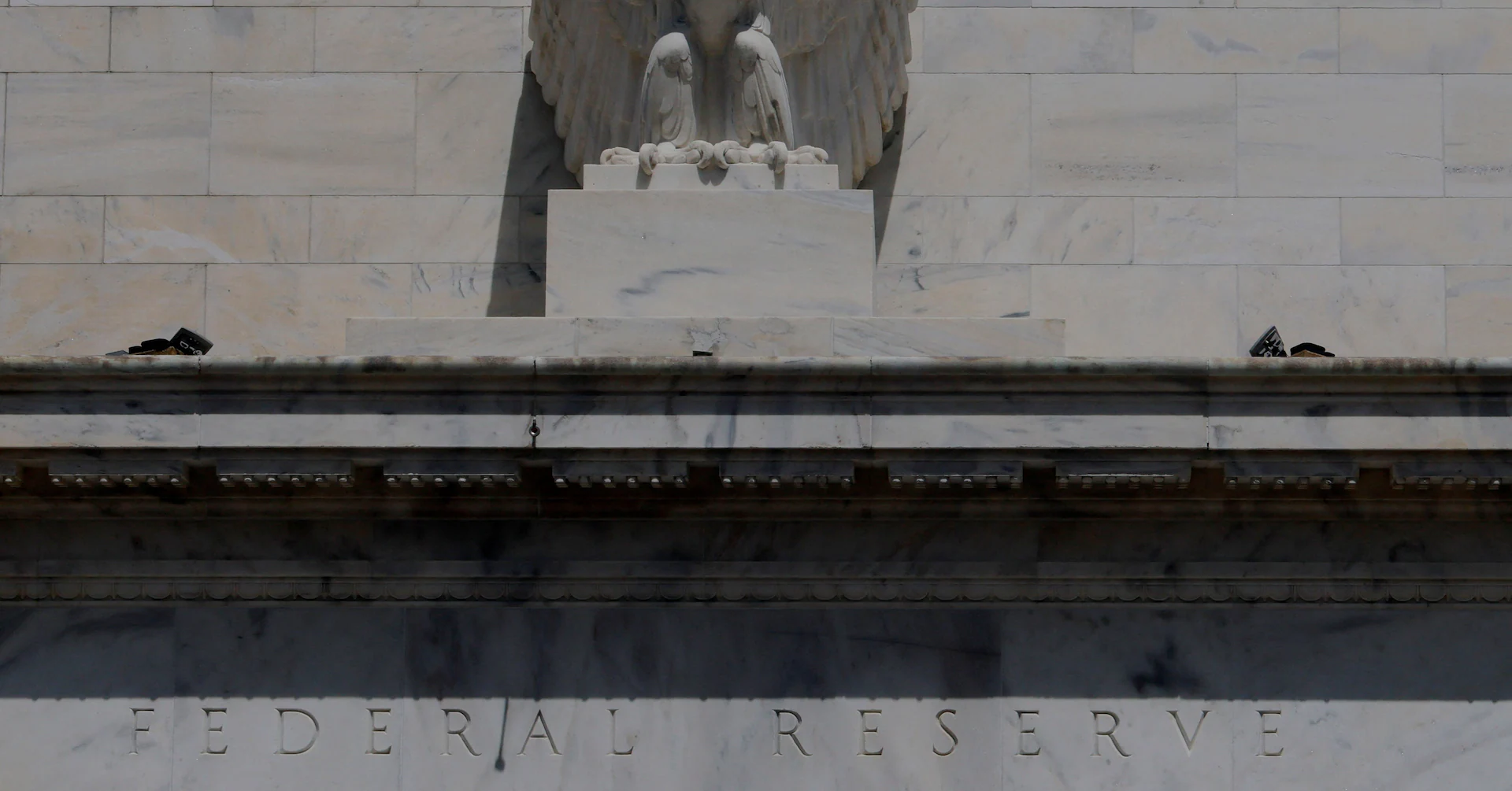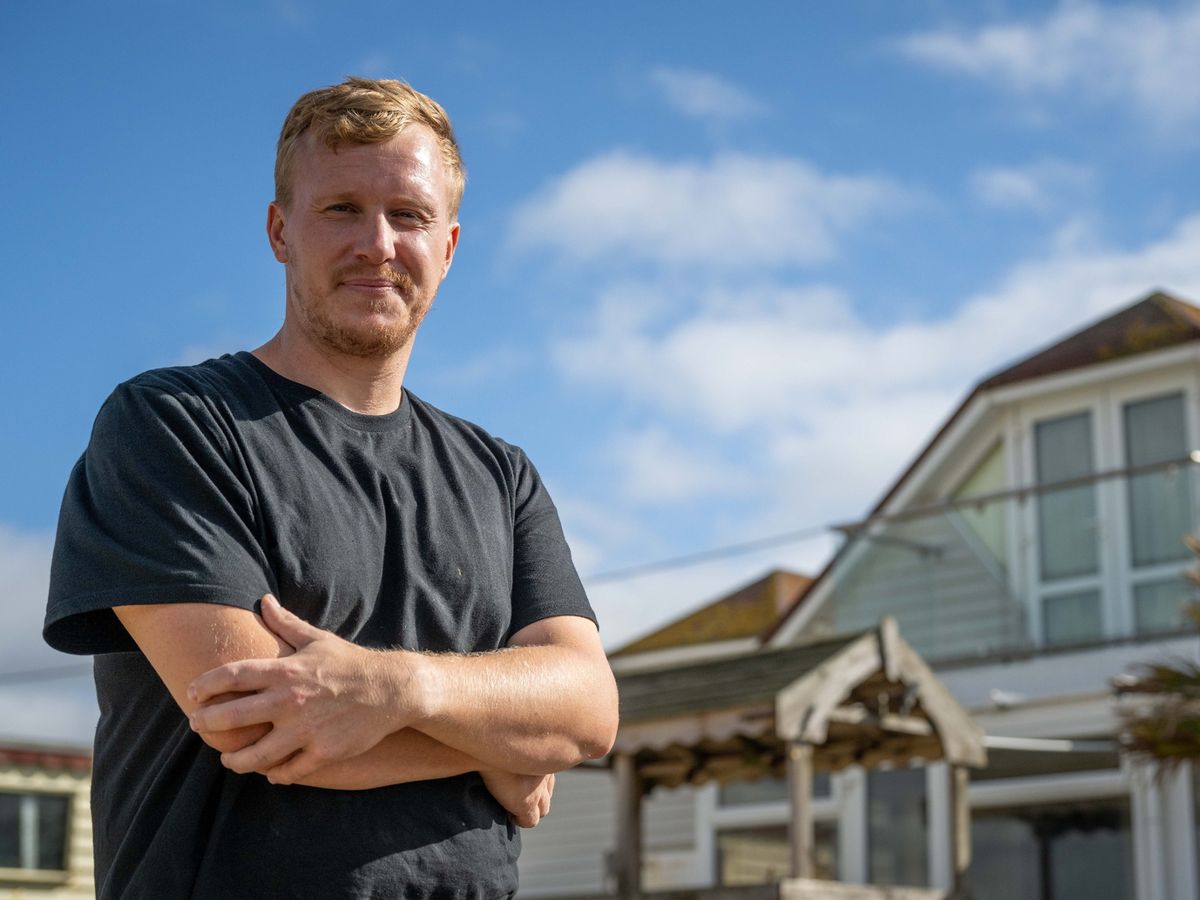By Copy Link Share Via Email Share On X Share On Facebook Share On Whatsapp
Copyright news

The six women recently arrived in Beirut, where Lebanese authorities detained them for lacking visas. After passing DNA and security checks, they were issued Australian passports and flown back.
The women and children had long been monitored by Australian agencies, which anticipated some might try to return independently. Many in the wider cohort had lived under Islamic State rule and were held in Syrian camps since 2019.
Their circumstances vary; some travelled knowingly, while others say they were coerced or were children at the time.
Prime Minister Anthony Albanese last month denied reports the government was organising rescues for the roughly 40 Australians still stranded. Home Affairs maintains it is not assisting repatriations.
The situation in Syria is becoming increasingly unstable,” a spokesperson for Minister Tony Burke said.
“If any of those people find their own way to return, our security agencies are satisfied they are prepared to act in the interests of community safety.”
Opposition Leader Sussan Ley condemned the return, calling the group “a highly dangerous cohort of individuals who associated themselves with the barbaric Islamic State regime”.
“Either they knew about this cohort returning and hid it from the Australian public, or worse, family members of Islamic State terrorists returned to Australia without the government’s knowledge. Australians deserve answers,” Ley said.
Who are they?
Sydney woman Nesrine Zahab was identified as one of the ISIS brides who fought to be repatriated to Australia. The mission was so secret that even the women’s families and supporters claimed they were left in the dark.
She remained in a refugee camp with other Australians and their children, more than a decade after she claims to have been tricked into visiting the war zone,
Nesrine was a 21-year-old university student when she left Sydney in 2014 and claims she broke away from a family holiday in Lebanon to help refugees on the Turkish side of the Syrian border.
She ended up marrying Islamic State fighter Ahmed Merhi, but insists that by the time she was pregnant with her son in 2017, she was desperate to escape.
Merhi, 27, who lost his leg in an air strike, was convicted to death by hanging a year later for being a member of Islamic State in the Central Criminal Court in Baghdad in 2018.
The former Granville Boys High School student insisted that he travelled to Syria for volunteer work and was not an Islamic fighter.
Former ASIO chief backed repatriation
Calls for Australia to repatriate the remaining ISIS brides and their families have grown in recent months, against the backdrop of the United States, Italy, Germany, France, the Netherlands, Belgium, the UK and Canada allowing their own citizens to return in recent years.
Former ASIO chief Dennis Richardson has backed the decision to repatriate more than a dozen ISIS brides and their children to Australia on the grounds of national security, arguing they can be monitored more safely at home.
“It is, it is very, very easy to, to present a picture of someone who walked out of their country, who has crossed the boundaries of acceptability,” he told news.com.au in September.
“They’ve made their own bed, and therefore they should lie in it. And I understand that. I think that is a perfectly reasonable perspective.
“Equally, when you’ve got young kids and when they are your own citizens, you do have some responsibility in the wider sense of the word world.
“The Americans and others, Europeans and others, many of them, many countries, have taken their own citizens back.”
Mr Richardson said it was safer to bring them home.
“If you become radicalised in that environment, you’re as capable of doing harm to Australians and others overseas as what they are here in Australia, right?
“It doesn’t make people more safe, it probably increases the risk.”



